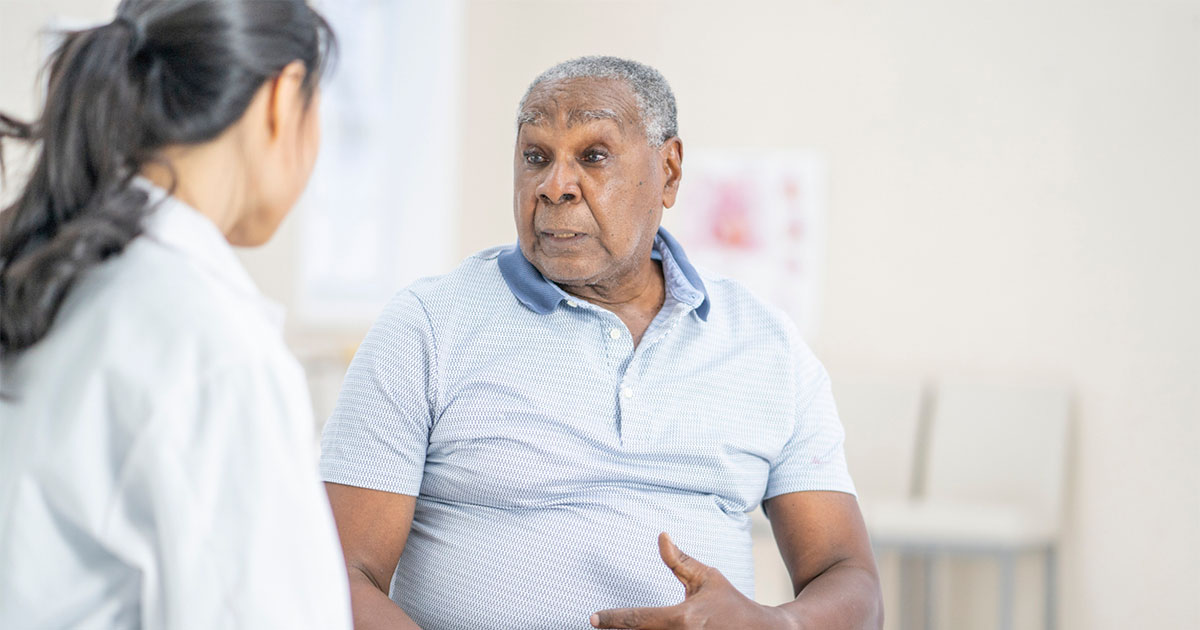The following article by Steve Stanaway describes the movement of secondary care diabetologists into the primary care setting, to discuss with their GP the management of people with more complex needs. This can prevent an unnecessary referral to the hospital diabetes team – and just as importantly, identify people who need specialist help who may otherwise have been missed.
These “virtual clinics” can offer good value for money by providing, as any experienced shopper knows, two for the price of one! Management plans can be developed to guide the GP’s next consultation with the person with diabetes, but at the same time enhancing the GP’s skills and knowledge to help people with similar needs in the future.
In Birmingham, we have been using various ways of enabling GP practices to manage the care of most people with diabetes in the community rather than referring to the hospital diabetes team. Providing care locally has been on the NHS agenda for some time (Department of Health, 2006), but requires well-supported, well-resourced practices with relevant skills to ensure a good-quality service. The PCT provides a number of diabetes courses for all levels of staff (from basic diabetes skills for healthcare assistants to university-accredited insulin initiation courses). Diabetes guidelines and a locally enhanced service for diabetes provide a framework for these skills to be used, but the support of the community diabetologist or diabetes nurse working with the GP and practice nurse is very useful in embedding these skills into everyday practice.
The use of the virtual clinic is an example of this. Depending on the level of existing skills in the practice, a formal audit of the diabetes register before the clinic is useful for identifying areas of concern, rather than relying on the practice to identify a number of individuals for discussion.
The author describes how in his virtual clinics some practices struggled to identify suitable people in time for the consultant’s visit, which is not cost-effective. A search of the diabetes population can identify, for example, those who are at increased cardiovascular risk but not on lipid-lowering therapy, with chronic kidney disease and not on an angiotensin-converting enzyme inhibitor, or with an HbA1c level greater than 6.5% (48 mmol/mol) and not on blood glucose-lowering treatment. The local diabetes guidelines (based on NICE [2009] guidance) provide the framework for developing management plans for these individuals, but the clinic can also identify people with particular problems, where usual treatment is not suitable, for discussion about other management options, and to signpost others who would benefit from the hospital or community diabetes specialist services or structured education programmes. The practice is therefore prepared with options to discuss with the individual at their next consultation with their GP.
Much of the routine diabetes care in practices is done by the practice nurse. Our team includes two practice nurses with a special interest in diabetes who work with practices that need support. This may be a practice that has a new practice nurse who needs guidance in the day-to-day management of the diabetes register and recall and review of patients, or supporting practices for an agreed period of time if their usual nurse has a period of long-term sickness to maintain the practice diabetes service. They also work with the GP and nurse in practices that have been identified as struggling to achieve QOF indicators. They review the register to identify people with diabetes who are not achieving individual targets and need additional medication or titration, and triage those with more complex needs into the community consultant clinic. This virtual clinic prioritises patients’ needs, supports the practice in delivering local diabetes care, and ensures that appropriate people are seen by the specialist team.
Delivering a quality diabetes service with limited budgets will encourage new ways of working, and for some of us, new places to work!





SURMOUNT-5 trial pits tirzepatide against semaglutide, plus behaviour change support, for weight loss.
15 May 2025